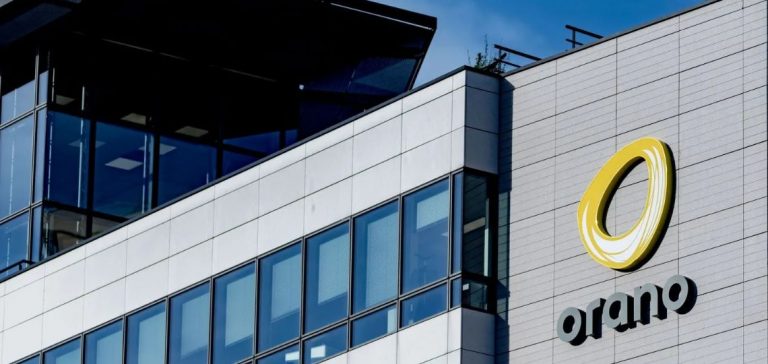Last week, Orano formalized the signing of four strategic partnerships as part of its Aval du futur program. The event took place on October 8 at the La Hague site, bringing together influential figures such as Corinne Spilios, Director of Recycling Activities, and Nicolas Ferrand, Director of the Aval du futur Program. These partnerships include renowned companies such as Capgemini, Egis, ECIA – an entity of Equans France – and SNEF-EKIUM.
Renewal of nuclear infrastructures
The Aval du futur program aims to renew the treatment and recycling infrastructure for spent fuel by 2040-2050. As Orano announced during a ministerial visit last March, this initiative is crucial for the country’s energy future. At the same time, the company continues to ensure the proper functioning of its existing facilities through a sustainability and resilience program, covering the La Hague and Melox sites.
Launching new plants
One of the main focuses of this program is the launch of studies for a new MOX (Mixed Oxide Fuel) manufacturing plant at the La Hague site. This plant is expected to begin production in the early 2040s. In addition, a new spent fuel processing unit is also planned by 2045-2050, further strengthening Orano’s processing capacity in the sector.
Expansion strategy for the engineering activity
As part of these ambitious projects, Orano plans to double its engineering workforce, from 2,000 to 4,000 employees over the next five years. The company is committed to establishing strong partnerships based on co-construction with key players in the nuclear industry. This anticipates growth in the engineering sector, essential for carrying out these complex projects.
Partnerships to ensure success
Guillaume Dureau, Director of Engineering Activities, emphasized the importance of these partnerships: “This signing marks a key milestone in our Aval du futur program. We are structuring this project through an industrial scheme to ensure continuity and develop recycling solutions to meet future needs.”
Nicolas Ferrand also expressed his enthusiasm: “I am very happy to join this ambitious project, focusing on sovereignty, excellence, and high technology. The signing of these partnerships is an important moment to ensure the success of this large-scale program. Collaboration will be essential to meet the deadlines and allocated budgets for these exceptional projects.”
Strategic impact of the Aval du futur program
The challenges of this program are both technical and strategic. Orano seeks to strengthen its position in the nuclear sector while contributing to the country’s energy transition. Through these partnerships, the company aims to ensure that its infrastructure meets safety and sustainability requirements, while innovating in recycling technologies.
Objectives and perspectives
The Aval du futur program by Orano is designed to anticipate the future needs of the nuclear market. By increasing its production capacities and innovating in its recycling methods, Orano is committed to meeting the growing expectations in nuclear waste management and fuel manufacturing. This involves not only a significant financial investment but also a long-term commitment to innovation and sustainability.






















